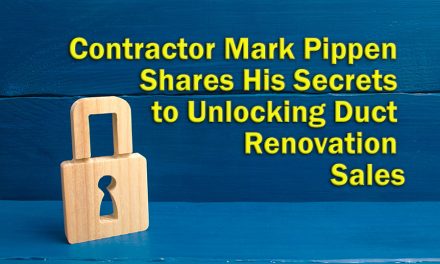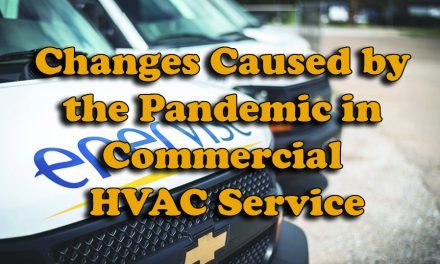This past February, carbon monoxide (CO) incidents hit Texas families hard during severe winter storms. Sub-zero temperatures and statewide power outages that lasted many days lead to heartbreaking stories of families using unsafe heating methods to stay warm. The aftermath left 11 people dead, 1400 emergency room visits, and other unknown long-term health issues.
Most people are unaware of CO poisoning. They don’t know what causes it, the sources, or what to look for in their home. They occasionally hear about CO poisonings on the news, but don’t think it will happen to them. Those who ARE aware think a store-bought CO alarm is the only protection they need.
People need to know the facts about CO. As a trained and certified High-Performance HVAC contractor, you are in the perfect position to raise awareness. So let’s look at how you can help your customers and community become more aware of CO dangers.
You Are the CO Safety Expert
If you were to poll your customers, most would rank safety as their number one HVAC priority. When you raise CO awareness in your community, you become the local HVAC safety expert and “go-to” company.

Performance-Based HVAC professionals certified in Carbon Monoxide (CO) and Combustion Safety are the first line of defense against CO poisoning. No service provider is in the homes of the public more than HVAC contractors.
How many of your competitors even discuss safety? Unfortunately, most don’t. So, you can use the CO safety difference to distinguish your company from the rest. Let competitors keep doing what they do while you innovate and promote unique solutions that no one else considers.
In addition, you’ll feel better about yourself, your work, your contribution, and sleep great at night knowing you’re doing the right thing.
Openly Promote CO Safety and Education
To be the local safety expert, you need to promote CO safety and education in your newsletter, on your website, and in your marketing. You can offer links to industry resources and provide general tips. The goal is to educate, not to frighten. Awareness could have prevented many of the CO poisonings in Texas.
Some try to take advantage of people’s fear of the unknown, like an invisible gas that can harm them. Look at the COVID-19 media coverage to see the backlash from this type of awareness. Negative awareness equals negative responses. People go on the defensive, put up their guard, and won’t trust you.
Instead, share advice such as CO sources that many don’t consider including running cars in a garage, burning charcoal and wood indoors, heating with a gas oven, or using a generator indoors. Your advice should be simple and in list form. For ideas, Google “winter travel safety tips.” You can also download and offer NCI’s Home Comfort Report, “Why Should I Demand a CO Test
(ncilink.com/WhyTestCO)?”
Besides helping people understand potential CO sources, they need to know about CO poisoning symptoms. You could provide a list of the symptoms or links to industry resources to increase awareness. However, if you’ve been to the CO class, you know such articles are often peppered with poor advice. So choose wisely.
Since most of the public doesn’t know what to do when a CO alarm goes off, they just disconnect it. Why not start there? Focus on action steps people can take and what they should do when their alarm sounds.
Click Below for the Next Page:













Recent Comments